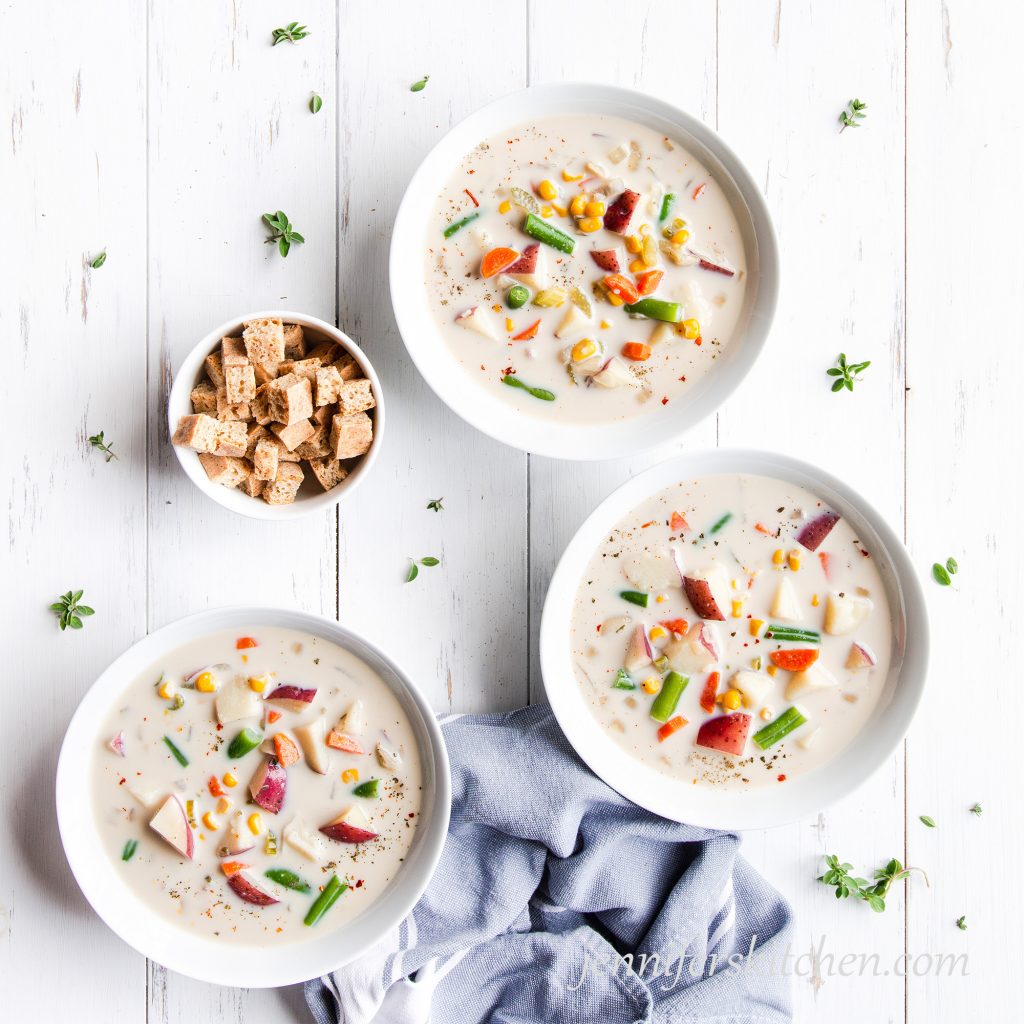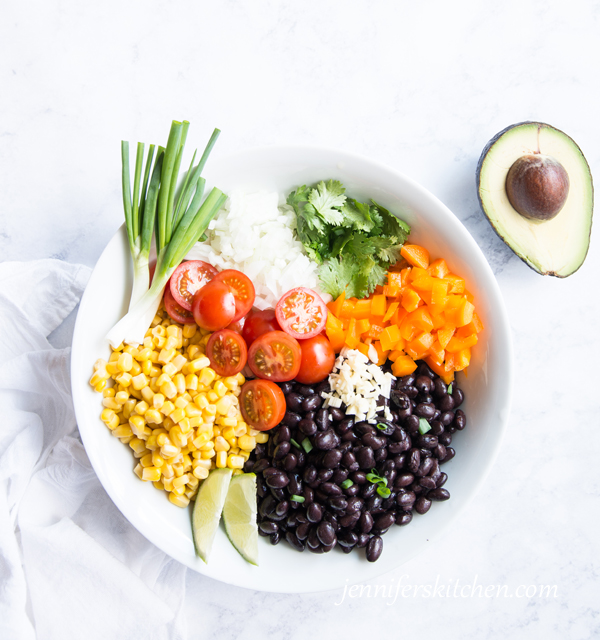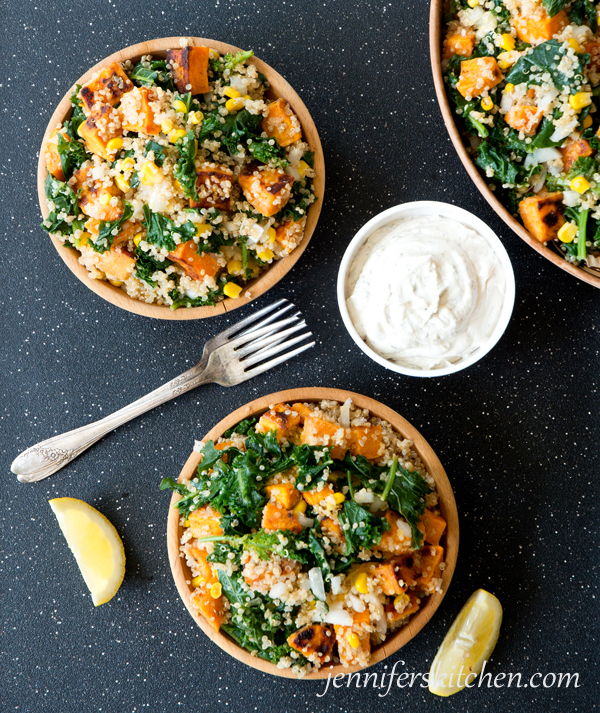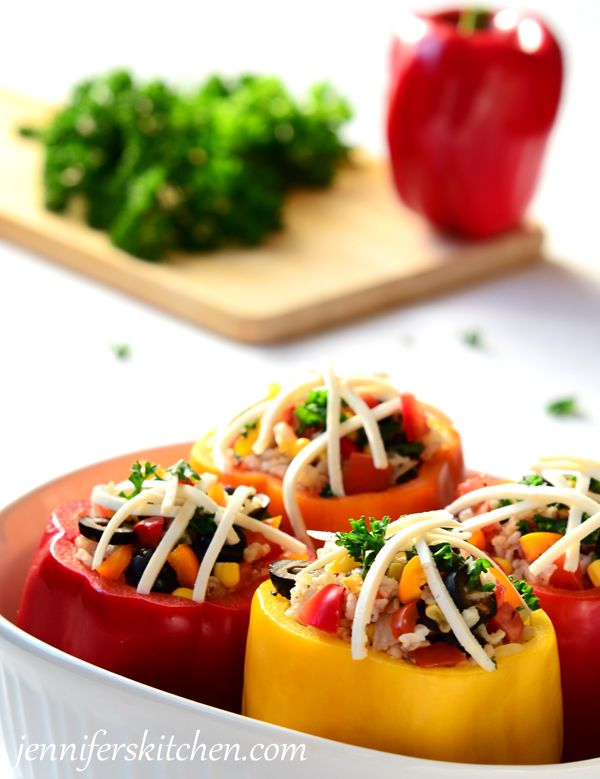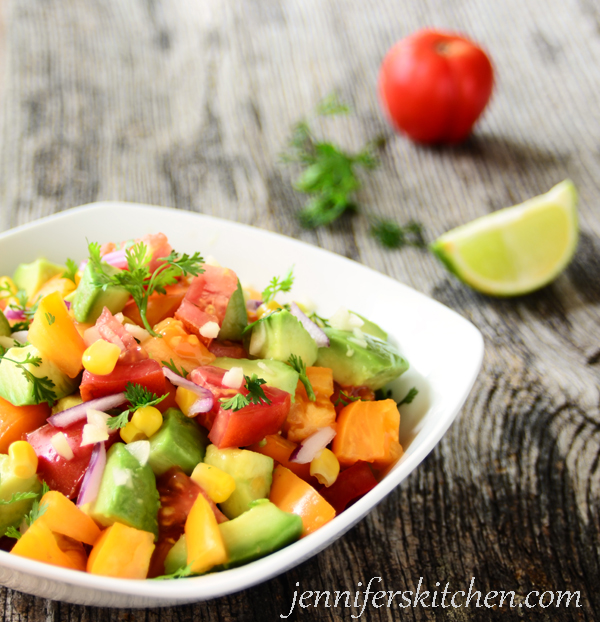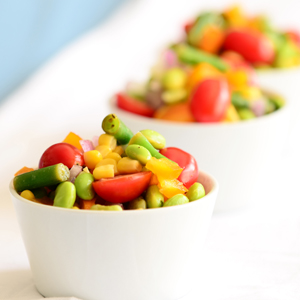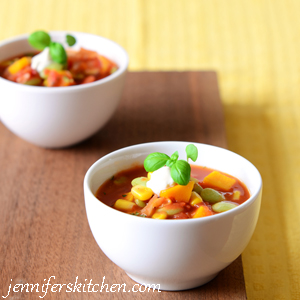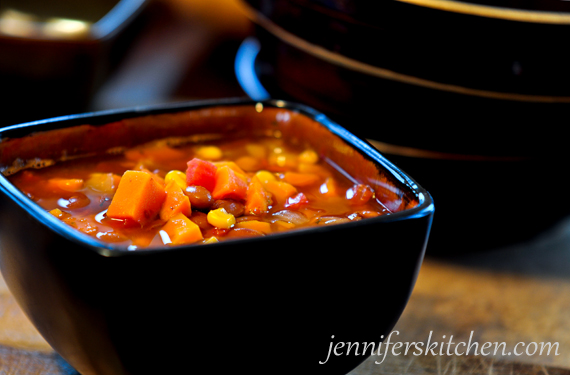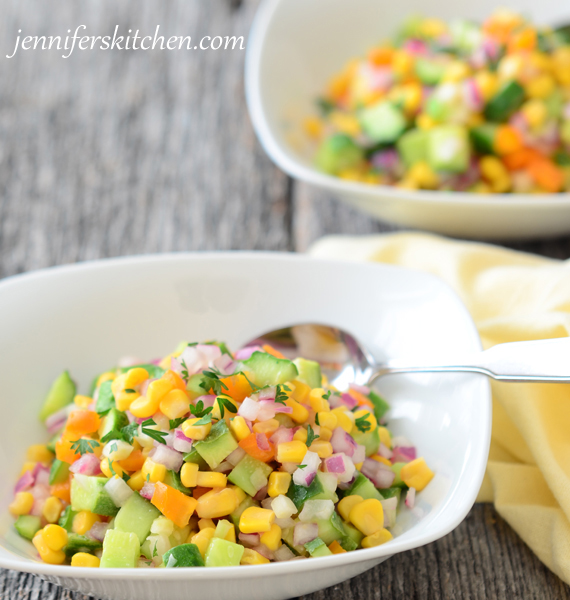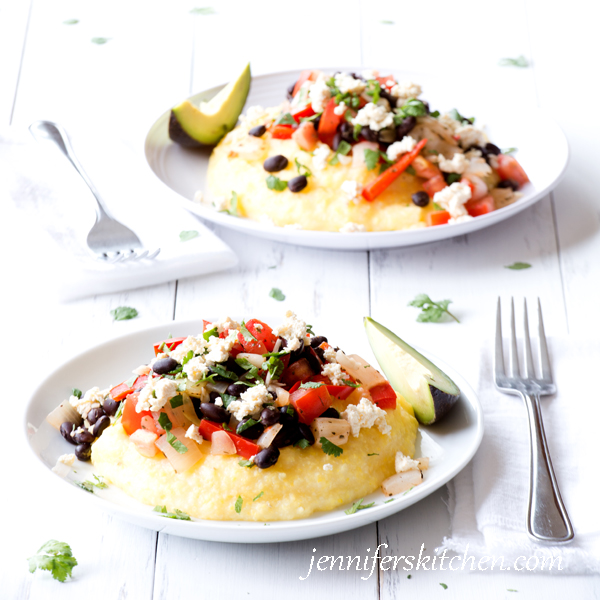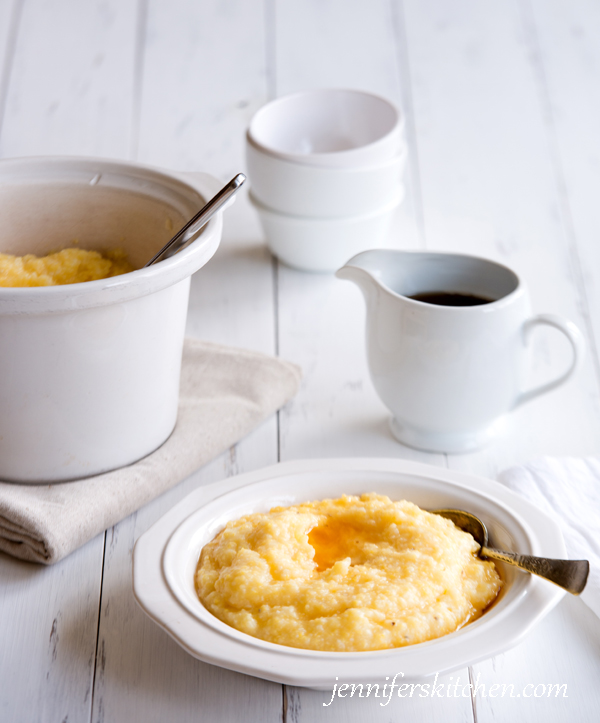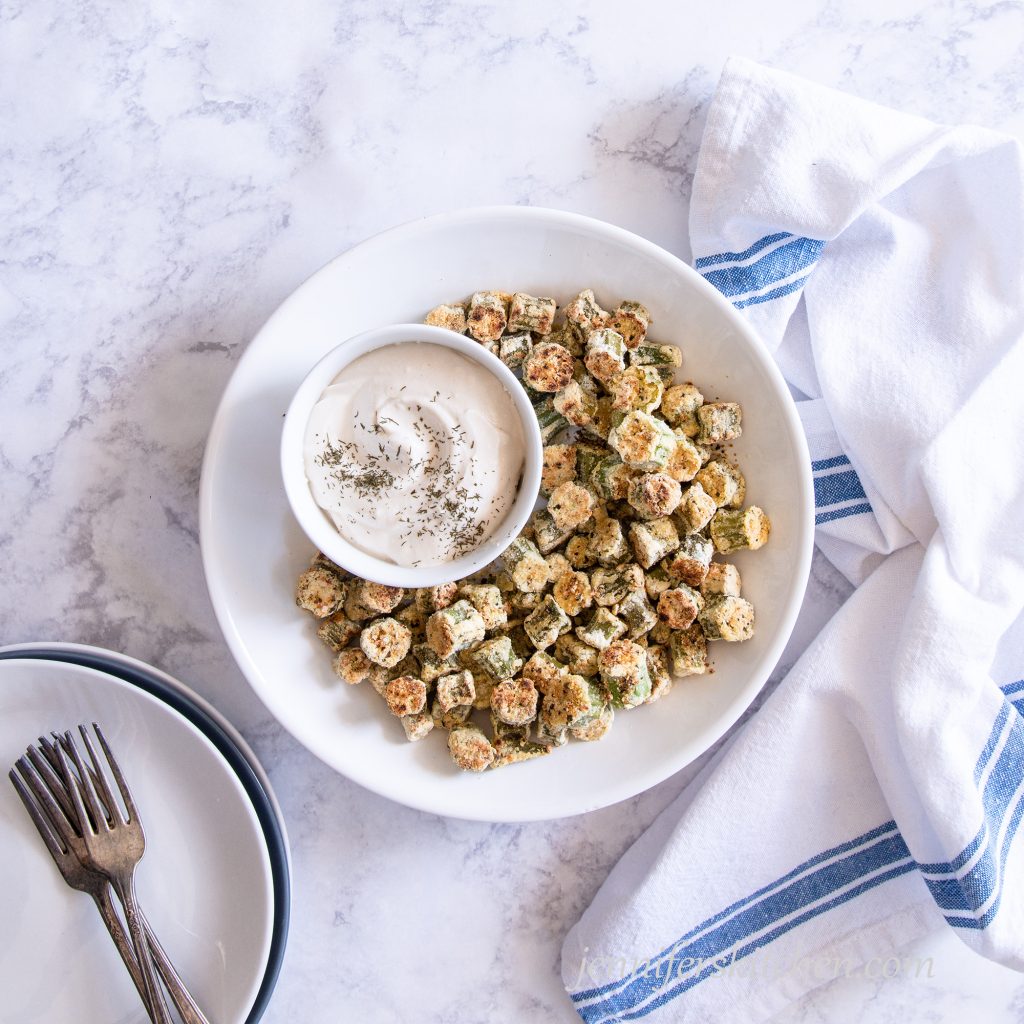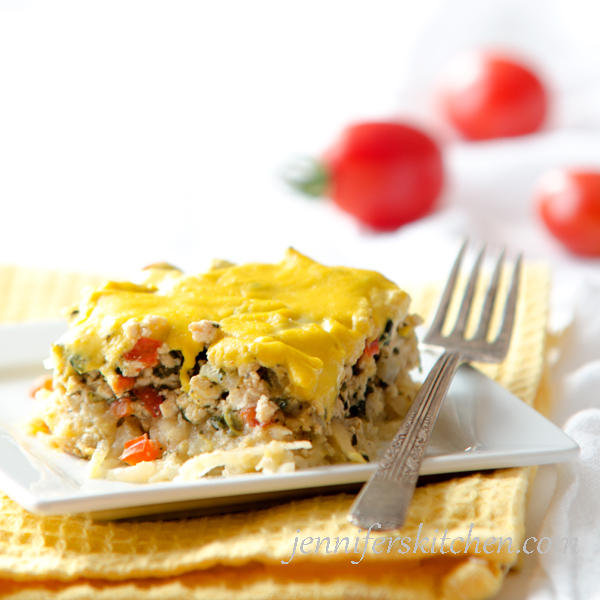Corn
Where to buy it, how to use it, and more!
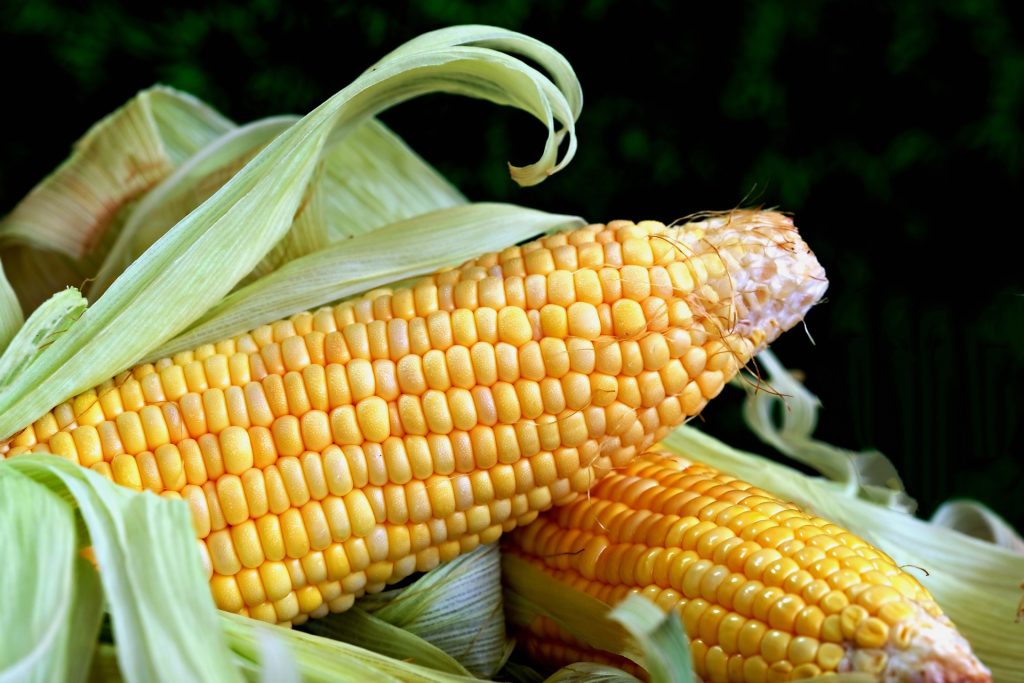
If you purchase anything through the links on my site, your cost is the same, but I receive a small commission. Thank you for supporting this ad-free site!
Corn is a versatile, naturally-gluten-free grain that often gets mislabeled as a vegetable.
Is corn healthy?
Corn is a good source of fiber, magnesium, B vitamins, protein, and other beneficial nutrients.
The type of corn used to make cornmeal and corn grits contain much more nutrition than does sweet corn.
What about GMO corn?
Most of the corn grown in the U.S. has been genetically modified (GMO corn), and there is significant concern about the safety of consuming genetically-modified corn.
You can read more about the health risks of GMO corn in my article on How to Avoid GMO corn.
Where to buy non-GMO corn
Canned corn: Amazon or Azure Standard
Frozen corn: yellow, tri-color
Corn grits: Amazon
Polenta corn grits: Azure Standard (these are more finely and evenly ground than the regular grits)
Corn meal: Amazon or Azure Standard
Corn flour: Amazon or Azure Standard
White Corn Masa Harina: Amazon or Azure Standard
Yellow Corn Masa Harina: Azure Standard
White popcorn: Amazon or Azure Standard
Yellow popcorn: Amazon or Azure Standard
Multi-Colored popcorn: Azure Standard
Dry whole corn: yellow, white, blue
Note:
Bob’s Red Mill and Arrowhead Mills are both Non-GMO Project Verified.
Some of King Arthur’s products are also Non-GMO Project Verified
Different ways to buy corn
Corn can be purchased fresh (like corn on the cob or off the cob). The type of corn grown for fresh eating is called, “sweet corn”.
Corn can also be purchased in its dried form. Dried corn is often ground into grits or polenta. It may also be made into cornmeal or flour. The type of corn grown to be eaten in its dried form is usually called, “field corn” or “dent corn” or “flint corn”.
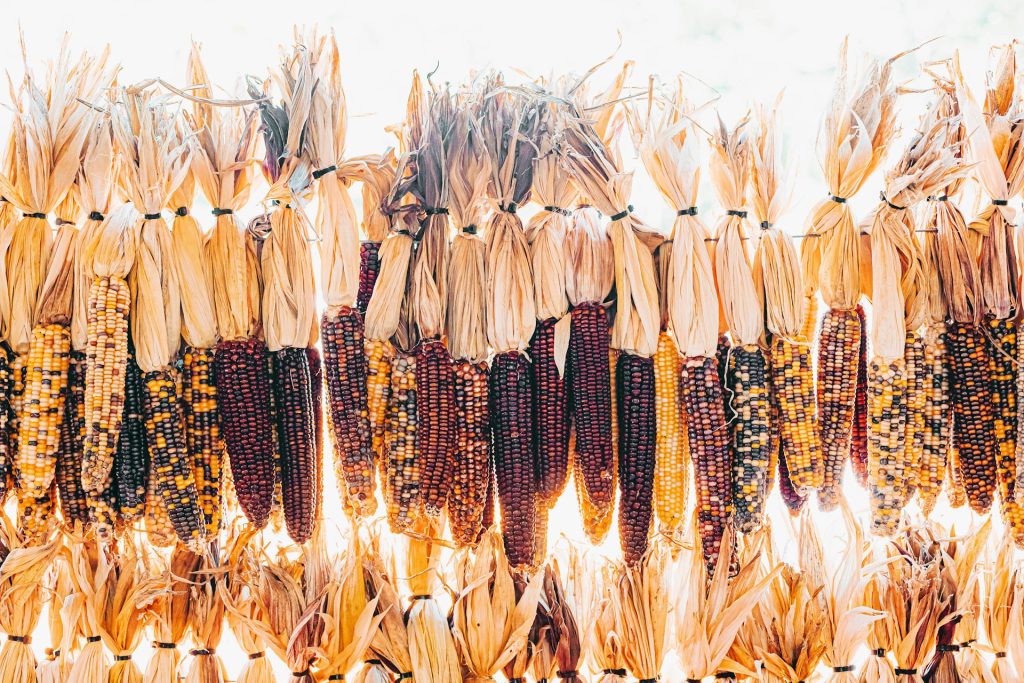
Popcorn is another type of corn. When popcorn kernels are heated, the moisture inside the corn kernel expands until the corn finally explodes, creating fluffy, white popped corn. Popcorn is usually yellow or white, but blue popcorn can also be purchased.
While not easy to find, corn also comes in a number of colors and flavors besides just yellow and white. Red corn, black corn, pink corn, purple corn, and speckled corn are just a few of the many colors that can be found growing in garden plots around the world. These beautiful varieties of corn generally contain more antioxidants and phytonutrients than the yellow corn typical in industrialized countries.
Here is a picture my son took of corn from Peru.
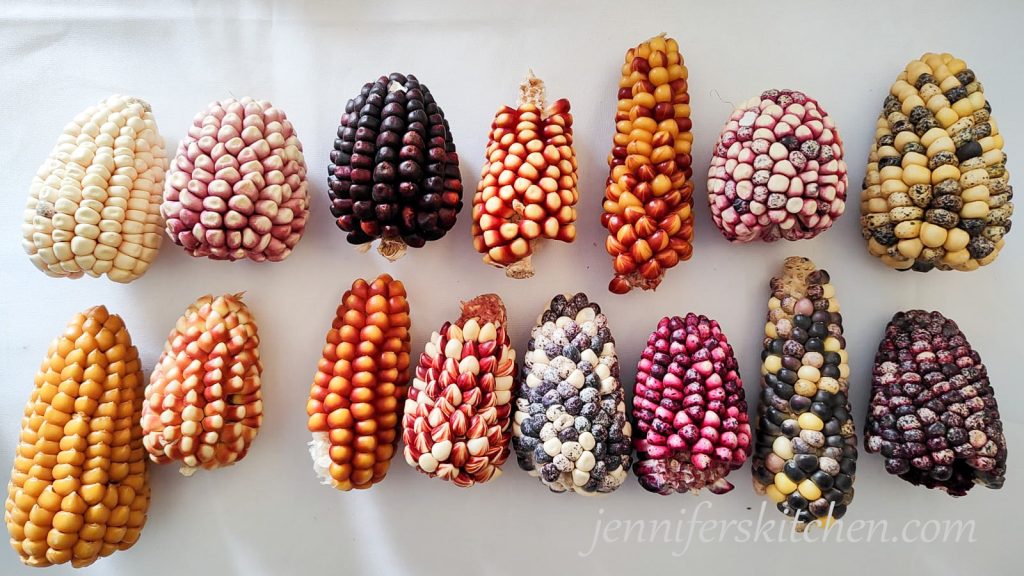
How to store corn
Sweet corn on the cob should be purchased fresh, stored in the refrigerator, and eating within two to four days.
Sweet corn kernels can be purchased canned or frozen.
Dried corn should be stored in a cool, dry place. Once ground into grits or flour, it should be refrigerated.

